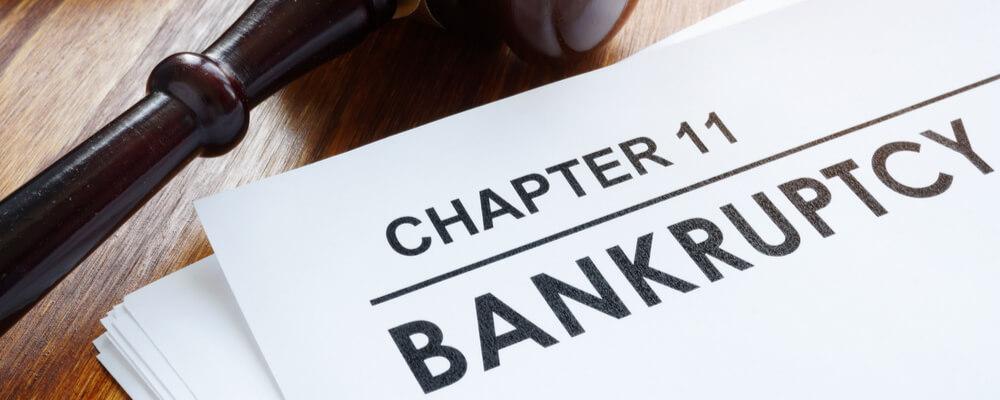Driving under the influence (DUI) charges in Maryland carry serious consequences that can affect your life for years to come. Whether you’re facing your first offense or dealing with repeat charges, understanding Maryland’s DUI laws and the importance of proper legal representation can make a significant difference in your case outcome. This guide explains what you need to know about DUI charges in Maryland and when seeking a DUI lawyer in Maryland becomes essential.
Maryland’s DUI Laws: The Basics
Maryland distinguishes between two types of impaired driving offenses: Driving Under the Influence (DUI) and Driving While Impaired (DWI). A DUI charge applies when a driver’s blood alcohol concentration (BAC) reaches 0.08% or higher, while a DWI charge can be filed for BAC levels between 0.04% and 0.07%. For commercial drivers, the legal limit drops to 0.04%, and for drivers under 21, Maryland enforces a zero-tolerance policy with a limit of 0.02%.
These distinctions matter because they carry different penalties. DUI charges are considered more severe than DWI charges, resulting in harsher consequences including longer license suspensions, higher fines, and potential jail time. Understanding these differences is crucial when evaluating your situation and determining your legal strategy.
Penalties and Consequences in Maryland
The penalties for DUI convictions in Maryland escalate with each offense and can include both immediate and long-term consequences. First-time DUI offenders may face up to one year in jail, fines up to $1,000, and a six-month license suspension. However, these penalties increase dramatically for repeat offenses.
Second-time offenders within five years can face up to two years in jail, fines up to $2,000, and a one-year license suspension. Third-time offenders may receive up to three years in jail, fines up to $3,000, and an 18-month license suspension. Additionally, Maryland law requires ignition interlock devices for certain offenders, which prevent the vehicle from starting if alcohol is detected on the driver’s breath.
Beyond legal penalties, DUI convictions can result in increased insurance premiums, employment difficulties, professional license issues, and social stigma. These collateral consequences often prove more challenging than the immediate legal penalties.
The Legal Process: What to Expect
When arrested for DUI in Maryland, you’ll face two separate proceedings: the criminal case in court and the administrative license suspension through the Motor Vehicle Administration (MVA). These processes run independently, meaning you could potentially lose your license through the MVA even if you’re found not guilty in criminal court.
The administrative process begins immediately after arrest. You have only 45 days to request a hearing to challenge the license suspension, making prompt action crucial. Meanwhile, the criminal case follows standard court procedures, including arraignment, pretrial motions, and potentially a trial.
During this process, evidence collection becomes critical. Police reports, breathalyzer results, field sobriety test recordings, and witness statements all play roles in building or defending against a DUI case. Understanding how this evidence can be challenged or validated often requires legal expertise.
When You Need a DUI Lawyer in Maryland
While Maryland law doesn’t require legal representation for DUI cases, having an experienced attorney significantly improves your chances of achieving a favorable outcome. Several situations particularly warrant professional legal assistance.
Complex cases involving accidents, injuries, or property damage require immediate legal intervention. Similarly, repeat offenders face escalating penalties that can include substantial jail time, making professional representation essential. Cases involving questionable evidence, such as improperly calibrated breathalyzer machines or flawed field sobriety tests, also benefit from legal expertise.
Even first-time offenders should consider legal representation, especially when facing potential employment consequences or professional license issues. An experienced DUI lawyer can often negotiate reduced charges, alternative sentencing options, or participate in diversion programs that minimize long-term impact.
Building Your Defense Strategy
DUI defense strategies vary depending on case specifics, but several common approaches exist. Challenging the validity of the traffic stop represents one avenue, as police must have reasonable suspicion to initiate a stop. If the stop was unlawful, evidence obtained afterward may be suppressed.
Questioning the accuracy of chemical tests provides another defense strategy. Breathalyzer machines require regular calibration and proper operation. Blood tests must follow strict chain of custody procedures. Field sobriety tests can be challenged based on medical conditions, environmental factors, or improper administration.
Procedural violations also create defense opportunities. Police must follow specific protocols during arrests, including reading Miranda rights at appropriate times and conducting tests within designated timeframes. Violations of these procedures can lead to evidence suppression or case dismissal.
Key Takeaways
Maryland’s DUI laws impose serious consequences that extend far beyond immediate legal penalties. Understanding the distinction between DUI and DWI charges, the escalating nature of repeat offense penalties, and the dual administrative and criminal proceedings helps individuals make informed decisions about their cases.
The complexity of DUI law, combined with the serious consequences of conviction, makes professional legal representation valuable in most situations. From challenging evidence collection procedures to negotiating alternative sentencing options, experienced attorneys provide crucial expertise that can significantly impact case outcomes.
Whether facing first-time charges or repeat offenses, prompt action remains essential. With administrative deadlines as short as 45 days and the potential for life-altering consequences, seeking qualified legal counsel early in the process provides the best opportunity for protecting your rights and minimizing the impact on your future.












